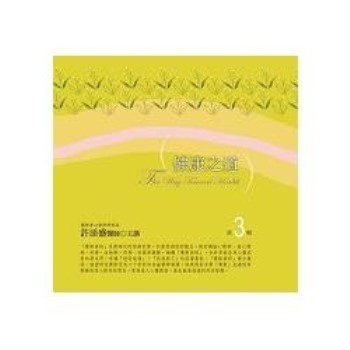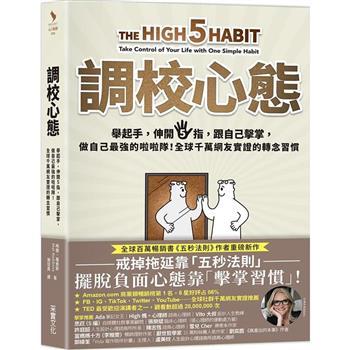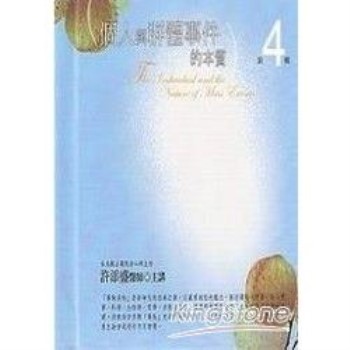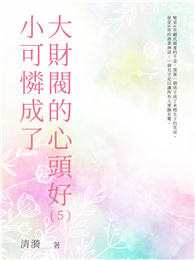Radio remains one of the most popular mediums through which people experience music. Yet there have only been a few studies examining the dynamic effects of radio on music. In this innovative study of community radio, Charles Fairchild uses a novel combination of critical analysis, interdisciplinary theory and ethnographic writing to compare commercial and community radio institutions and practices. By situating community radio in the dominant context of consumerism, Fairchild shows how people can create democratic discourses by speaking through other people's music. He argues that the social relations produced by playing music on the radio, and the inherent ambiguity of music itself, hold the potential for cultural democracy. The book shows how community radio's aesthetic practices accord with the ideals of an open and equitable public sphere, contributing to civil society and a potentially democratic aesthetics in which the "old medium" of radio holds profound lessons for "new media."
| FindBook |
有 1 項符合
Music, Radio and the Public Sphere: The Aesthetics of Democracy的圖書 |
 |
Music, Radio and the Public Sphere: The Aesthetics of Democracy 作者:Fairchild,Charles 出版社:Palgrave Macmillan 出版日期:2012-06-26 語言:英文 規格:精裝 / 225頁 / 1.9*15.2*22.9 cm / 普級 / 單色印刷 |
| 圖書館借閱 |
| 國家圖書館 | 全國圖書書目資訊網 | 國立公共資訊圖書館 | 電子書服務平台 | MetaCat 跨館整合查詢 |
| 臺北市立圖書館 | 新北市立圖書館 | 基隆市公共圖書館 | 桃園市立圖書館 | 新竹縣公共圖書館 |
| 苗栗縣立圖書館 | 臺中市立圖書館 | 彰化縣公共圖書館 | 南投縣文化局 | 雲林縣公共圖書館 |
| 嘉義縣圖書館 | 臺南市立圖書館 | 高雄市立圖書館 | 屏東縣公共圖書館 | 宜蘭縣公共圖書館 |
| 花蓮縣文化局 | 臺東縣文化處 |
|
|
圖書介紹 - 資料來源:博客來 評分:
圖書名稱:Music, Radio and the Public Sphere: The Aesthetics of Democracy
|





![塔木德:猶太人的致富聖經[修訂版]:1000多年來帶領猶太人快速累積財富的神祕經典 塔木德:猶太人的致富聖經[修訂版]:1000多年來帶領猶太人快速累積財富的神祕經典](https://media.taaze.tw/showLargeImage.html?sc=11100697818)





